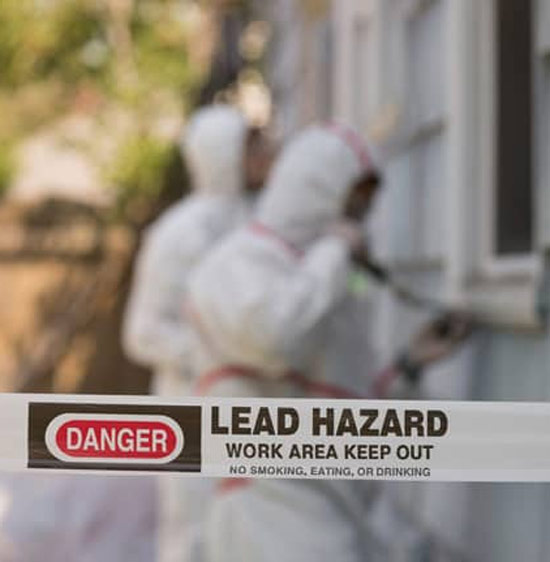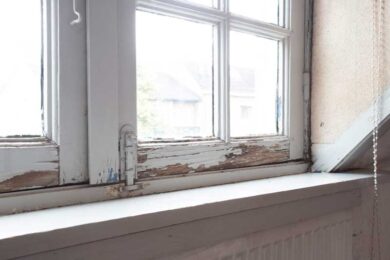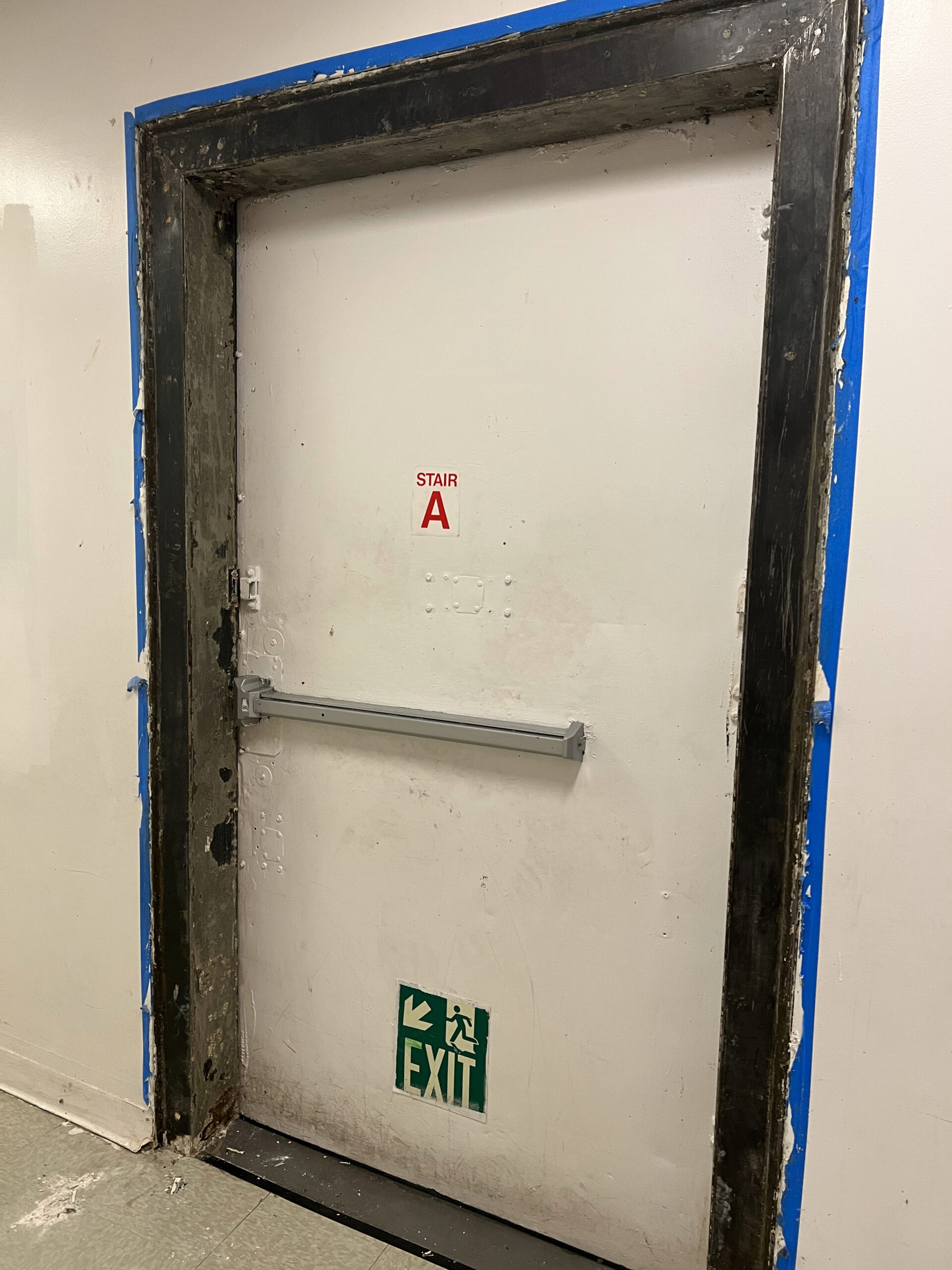Best Practices for Making Sure Safe and Comprehensive Lead Offense Abatement
Dealing with lead offense abatement needs a multi-faceted approach to guarantee both safety and security and conformity. Initial evaluations making use of advanced discovery approaches such as XRF analyzers set the stage for an accurate understanding of contamination levels. Incorporating appropriate control strategies, including airtight obstacles and HEPA purification, coupled with using personal safety equipment (PPE) for employees, forms the foundation of a safe and secure operation. Careful cleanup protocols, featuring HEPA vacuuming and wet-wiping, are critical. It's the final clearance process, involving complete assessments and research laboratory screening, that genuinely confirms a lead-free setting, ensuring long-lasting safety. How do these practices interconnect to guarantee comprehensive lead reduction?

First Evaluation
Conducting a first evaluation is a vital initial step in lead infraction reduction. This phase incorporates an in-depth assessment of the home to identify the existence, extent, and certain locations of lead-based dangers. Qualified experts, such as certified lead examiners or take the chance of assessors, ought to execute a detailed website evaluation, making use of tools like X-ray fluorescence (XRF) analyzers to precisely detect and determine lead focus in paint, dust, dirt, and water.
The analysis should additionally include an evaluation of the structure's background, previous reports, and any type of issues or health problems reported by owners - Lead Removal Contractors. Documenting the findings thoroughly is essential, as these records develop the basis for creating a reliable abatement technique. A detailed assessment additionally entails tasting and laboratory analysis, which are crucial to verify the presence of lead and guide subsequent activities
In addition, it is important to communicate the results transparently to all stakeholders, consisting of homeowner, tenants, and governing authorities. By guaranteeing that the preliminary evaluation is conducted with accuracy and roughness, professionals can lay a strong foundation for a targeted and reliable lead reduction process, inevitably safeguarding public health and guaranteeing conformity with regulative requirements.
Appropriate Containment
Correct control is critical to stop the spread of lead contaminants throughout abatement activities. Properly handling control lessens the risk of lead dust and debris moving to non-work areas, thereby guarding both the atmosphere and people outside the instant work area.

Normal evaluations of the control area are needed to look for violations or weaknesses in the obstacle. Any kind of determined problems must be promptly resolved to preserve the honesty of the control. By sticking to these techniques, abatement jobs can effectively manage lead contamination and minimize involved wellness risks.
Worker Defense
Ensuring worker protection is critical throughout lead reduction projects to avoid job-related exposure to dangerous lead bits. Essential steps include the usage of individual safety tools (PPE) such as respirators, gloves, and full-body suits particularly created to obstruct lead dirt and fumes. Employees should undergo extensive training on the right use and upkeep of PPE, including in shape testing for respirators to make sure optimum effectiveness.
Design controls, such as neighborhood exhaust air flow systems, are critical in minimizing airborne lead focus in the workplace. Management controls must likewise be applied, consisting of restricting the period of direct exposure and turning employees to minimize private exposure times. Regular medical surveillance and organic tracking are indispensable for very early discovery of lead absorption, making it possible for prompt intervention and treatment.
Furthermore, establishing a purification method is crucial. Workers need to comply with strict decontamination treatments prior to breaks and at the end of their shift to avoid lead dust from being lugged outside the workplace. This includes thorough hand and face cleaning with lead-specific cleaner and altering out of polluted content clothing.
Thorough Cleaning
Preserving a safe workplace extends past worker defense and includes meticulous clean-up to make certain lead bits are thoroughly gotten rid of from the site. The procedure of careful cleanup is essential in protecting against the recontamination of the eased off location and securing both existing and future passengers.
To accomplish a thorough clean-up, all workspace have to be systematically sanitized. This involves the usage of specialized HEPA (High-Efficiency Particulate Air) vacuum and wet-wiping strategies to capture and get rid of great lead dirt that may have resolved on surfaces. It is imperative to clean up all straight surfaces, including floorings, home window sills, and countertops, along with upright surfaces that may have caught lead fragments.
Workers need to wear appropriate personal safety tools (PPE) during clean-up to stay clear of direct exposure to residual lead dirt. Used cleaning materials such as wipes, sponges, and wipe heads need to be gotten rid of according to unsafe waste disposal policies.

Final Clearance
Last clearance is the crucial concluding phase of lead reduction that establishes whether the website is safe for reoccupation. This vital action entails comprehensive try this website evaluation and screening to validate that all lead threats have actually been effectively eliminated. The process begins with a visual assessment by a licensed lead-based paint assessor or threat assessor to make certain no noticeable dirt or debris remains. This is followed by gathering dust wipe samples from various surfaces, including floorings, windowsills, and various other straight surface areas. Lead Removal Contractors.

Final clearance screening not just Our site safeguards future occupants yet likewise guarantees compliance with local, state, and government policies. It serves as a recorded recognition of the reduction specialist's adherence to industry finest practices. Making certain a complete and successful last clearance is essential in guarding public health and cultivating rely on the reduction process.
Final Thought
Ensuring risk-free and thorough lead infraction reduction necessitates a complex method incorporating initial analyses with advanced detection approaches, effective containment approaches, stringent worker defense methods, and precise cleaning treatments. The final clearance stage, including detailed assessments and research laboratory screening, is important to validate conformity with EPA standards. Adherence to these best methods assures a secure environment for residents, alleviates wellness threats, and upholds regulatory demands, consequently advertising public wellness and safety and security in lead-affected locations.
Comments on “Lead Paint Removal Service-- NYC's Trusted Solutions for Lead Safety”